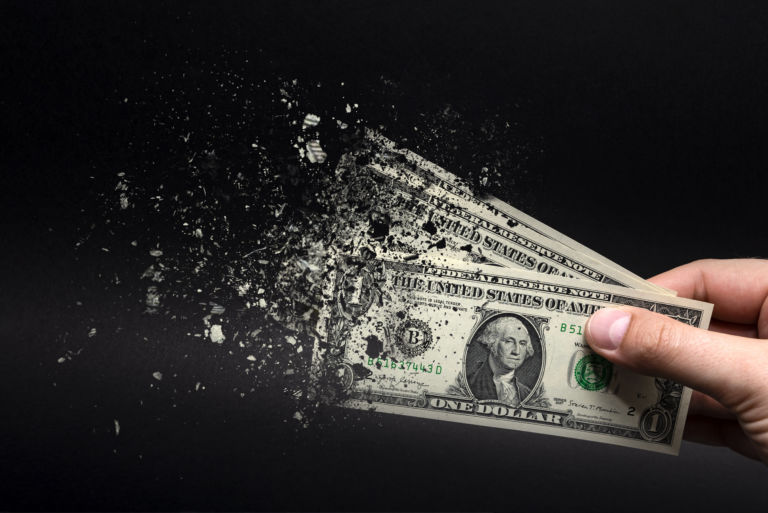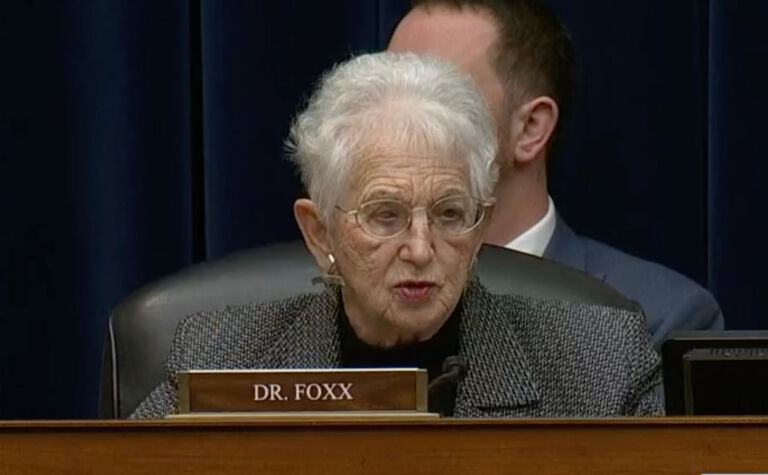Dominic Pino of National Review Online reports on the latest proof that government fares poorly when spending money.
Two blog posts from the Cato Institute today provide insight into how money that the government spends will, as a matter of course, be spent poorly.
First, there’s David Boaz on waste, fraud, and abuse. Everyone claims to be against waste, fraud, and abuse, and everyone pays lip service to designing programs to avoid that dreadful trifecta. Yet it keeps happening.
We’re in the middle of $6 trillion in new government spending in the aftermath of the Covid pandemic, and waste, fraud, and abuse abound. Boaz quotes from a Washington Post article that recounts stories of people using Covid relief funds to buy luxury cars, forging tax documents to obtain more money, and receiving payments through businesses that don’t exist. The Post singles out the Small Business Administration, noting that “investigators have questioned nearly every aspect of its spending, flagging billions of dollars in suspect loans and grants, overpayments to those who should not have received them and in some cases outright fraud.”
These aren’t just a few people stealing a few bucks, either. “One effort meant to help businesses in economic distress may even be rife with identity theft, as watchdogs said they had received more than 845,000 applications for aid that are now suspected of having come from individuals using stolen identities, some of which were funded anyway,” the Post reports. For the Paycheck Protection Program, “One report from academics at the University of Texas at Austin revised at the end of last year pegged the amount of questionable loans made under the program alone at closer to $69 billion.”
All this happened despite high levels of funding for inspectors general to oversee the programs. Boaz compares recent experience with the 2009 stimulus.


